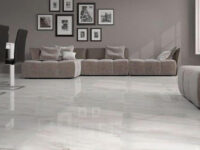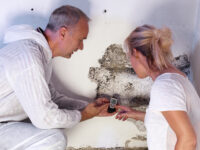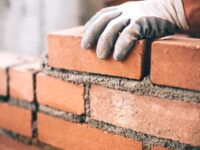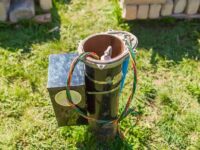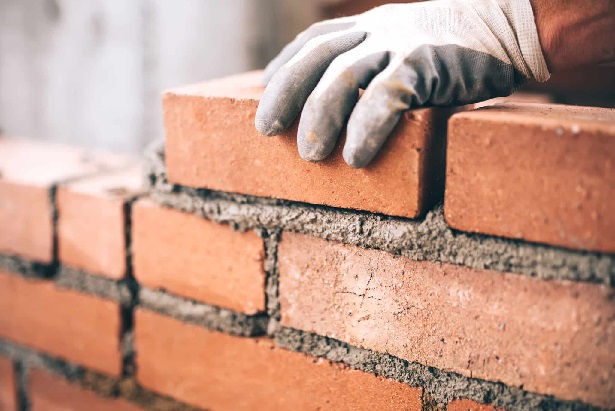What is Masonry, and Why is it the Most Durable Building Material?
Masonry is a time-honored building technique that dates back to ancient times. It involves constructing structures using brick, concrete, and stone materials. Not only does masonry add an aesthetically pleasing touch to buildings, but it is also known to be the most durable building material. It resists damage from natural disasters, fire, and even pests.
Masonry structures have been known to last centuries, with some ancient buildings still standing strong today. This resilience can be attributed to the material’s ability to withstand extreme weather conditions and its overall strength, making it the ideal choice for building structures meant to last a lifetime.
Different Types of Masonry and Their Advantages
1. Brick Masonry
Brick masonry is one of the most popular types of Colorado Springs Masonry, and it is made from bricks laid in mortar. Brick masonry is strong and durable and can be used for both load-bearing and non-load-bearing walls. Additionally, brick masonry is fire-resistant and easy to maintain.
2. Stone Masonry
Stone masonry is another popular type of masonry, and it is made from natural stones that are laid in mortar. Stone masonry is also strong and durable and can be used for both load-bearing and non-load-bearing walls. Stone masonry has a natural beauty that can add to the aesthetic of a home or building.
3. Concrete Masonry
Concrete masonry is made from concrete blocks that are laid in mortar. Concrete masonry is less expensive than brick or stone and easy to work with. Additionally, concrete masonry provides good insulation and soundproofing. However, concrete masonry is less strong than brick or stone, so it should only be used for non-load-bearing walls.
4. Glass Masonry
Glass masonry is made from glass blocks that are laid in mortar. Glass masonry provides good insulation and soundproofing, and it also has a unique look that can add to the aesthetic of a home or building. However, glass masonry is more expensive than other types of masonry, and it must be challenging to work with.
5. Stucco Masonry
Stucco masonry is made from Portland cement, sand, water, and lime. Stucco masonry is less expensive than brick or stone and can be applied directly to concrete or brick walls. Additionally, stucco masonry provides good insulation and soundproofing. However, stucco masonry can be difficult to repair if it becomes damaged.
6. Dry Stack Masonry
Dry stack masonry is made from bricks or stones that are stacked without mortar between them. Dry stack masonry is less expensive than other types of masonry, and it does not require mortar, which can save time during construction. Additionally, dry stack walls can be designed to be self-supporting, which eliminates the need for additional support structures such as columns or beams. However, dry stack walls are less strong than mortar-based walls, so they should only be used for non-load-bearing applications.
How to Choose the Right Masonry Material for Your Next Project
Choosing the right masonry material for your next project can seem overwhelming, but with some know-how, you can make the best decision for your needs. It’s important first to consider the project’s purpose and the building’s location.
Are you looking for a material that will withstand harsh weather conditions or one that adds aesthetic appeal? Different masonry materials, such as brick, stone, or concrete, offer unique benefits that may suit your needs. Additionally, it’s important to consider cost, maintenance, and availability when selecting a material.
With the right research and guidance, you can choose the perfect masonry material for your project that looks great and functions well for years.
Tips for Maintaining a Masonry Surface Over Time
Masonry surfaces are a great addition to any property, boasting durability and longevity. However, proper maintenance can prevent wear and tear over time. Taking care of your masonry surfaces requires consistency and attention to detail.
First and foremost, it’s crucial to keep your surface clean by regularly removing dirt and debris to prevent staining and discoloration.
Additionally, resealing your masonry regularly will help protect it from moisture and freeze-thaw cycles that can cause damage.
Lastly, inspecting your surface periodically will allow you to catch any significant damage early on, preventing costly repairs.
Maintaining your masonry takes dedication, but preserving the look and function of these timeless building materials is well worth the effort.




